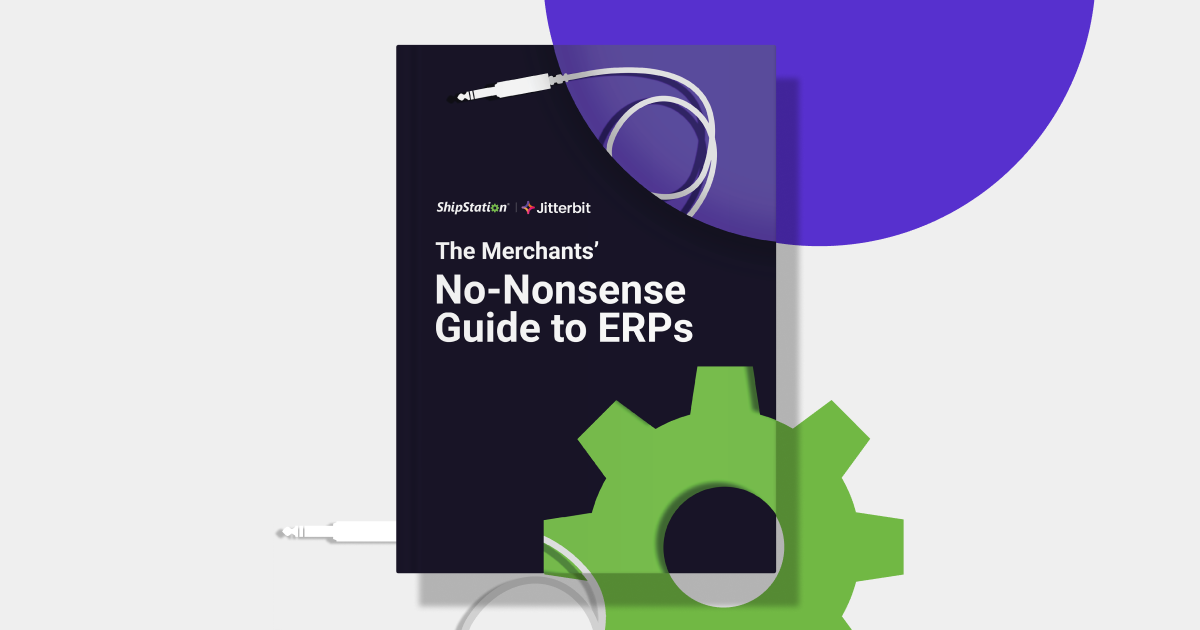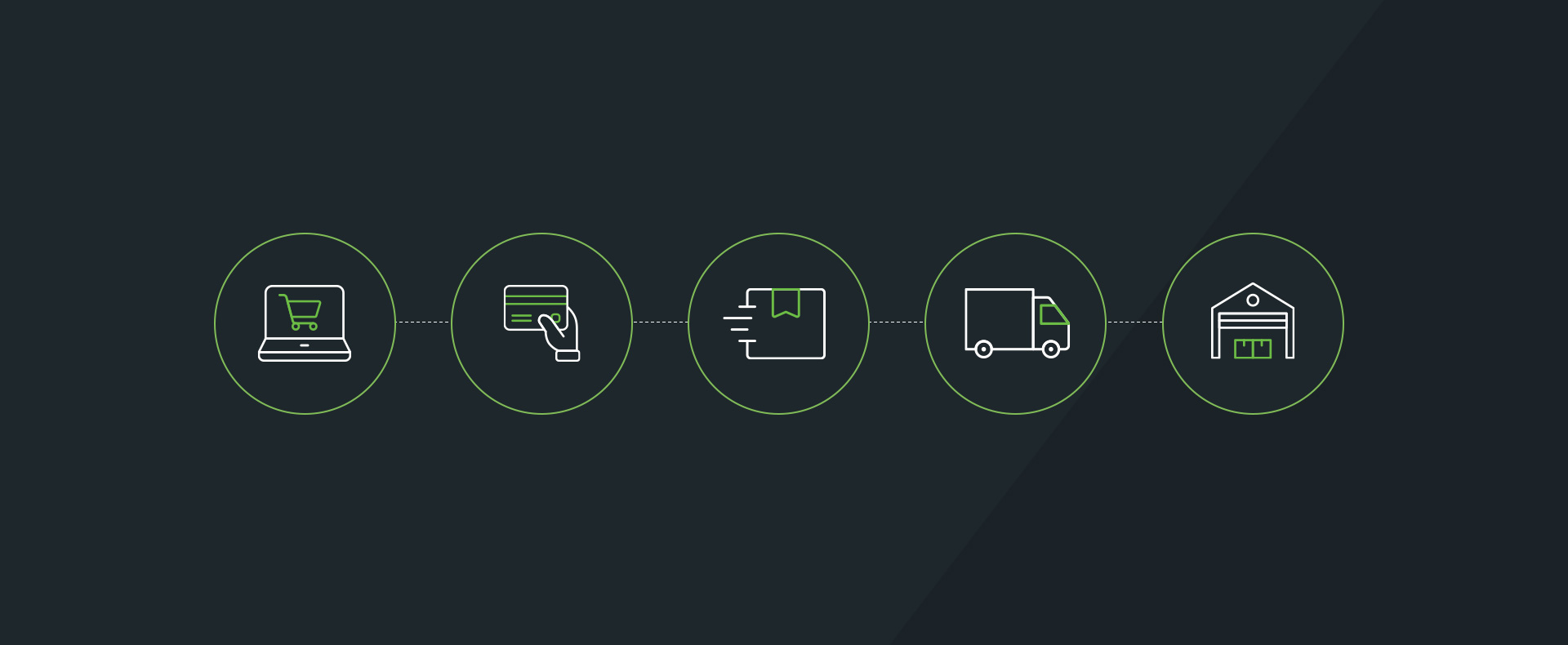If Markets Shift: How To Stabilize Your Business
One of the major advantages of operating a small business is getting to run it your way. Your business’s identity is crucial when it comes to setting yourself apart from the competition. And as your business takes on new and exciting challenges, the less exciting task of funding this growth and stability is omnipresent. The adage “Cash is king” should be the motto you keep in mind as you approach any hurdle. Having a positive cash flow is important for stabilizing and expanding your small business.
However unique your small business may be, many financial institutions may be hesitant to do business with you simply because of your size. Following the Great Recession, many banks became increasingly more skeptical about offering loans to small businesses. As a result, businesses with less than 50 employees saw an 11% decrease in jobs, whereas larger companies (50 employees and above) only saw a 7% reduction. Banks look at larger companies and see them as having more abundant resources, such as stocks and bonds, as a way to pay off a loan in the event of catastrophe. It’s important to remember that you too have resources that can be available to you, not only as collateral, but as a way to help fund your own business.
Even though markets have slowly stabilized in the decade since the Great Recession, and banks are more willing to offer loans to small businesses, it’s important to remember some options that exist outside of loans. Again, Cash is king.
Grants:
The most obvious alternative to a loan is a grant. If you’re a job creator, the government wants you to continue being one. If you’re located in a rural or low-income area, your business may be more valuable to the community than you realize. Another great opportunity exists for female entrepreneurs. Competition for these may be fierce, so the sooner you apply, the better. Check out www.Grants.Gov to see which grants you qualify for.
Bookkeeping Best Practices:
Knowing your margins and expenses is crucial. The leaner you can run, the better it is down the road.
Use Personal Funds:
Using personal loans/funds or monetary support from friends or family members has been an option for many small businesses. It can be a way to avoid business loans, or a final effort to keep your business open. It is not without its success stories, but this option also can cause professional as well as personal complications. This can be a tricky option, and you should always consult with a financial adviser before pursuing such options.
Get Rid of Excess:
If you have surplus goods that aren’t selling and are taking up space, offer it up in bulk on somewhere like Craigslist, or offering it at a very competitive price somewhere like Jet.com. Free up as much space for your profitable inventory as possible.
Your business is unique, and what works for another business may not work for you. Consider your options, consult with an expert, weigh the options of going through a financial institution against the alternatives. Exploring your options is key. Knowing what does and does not work for your business can expand your reach and help reinforce your business.








